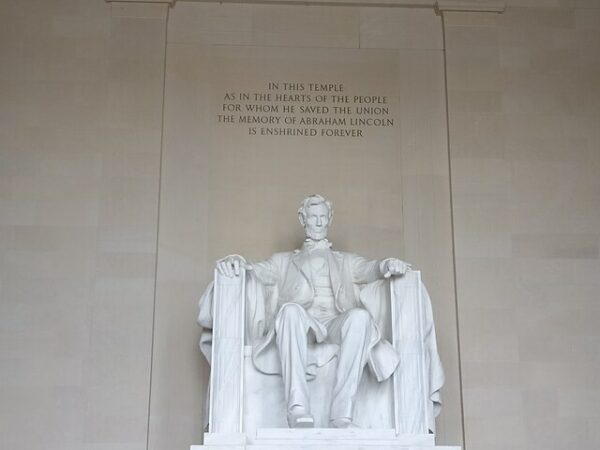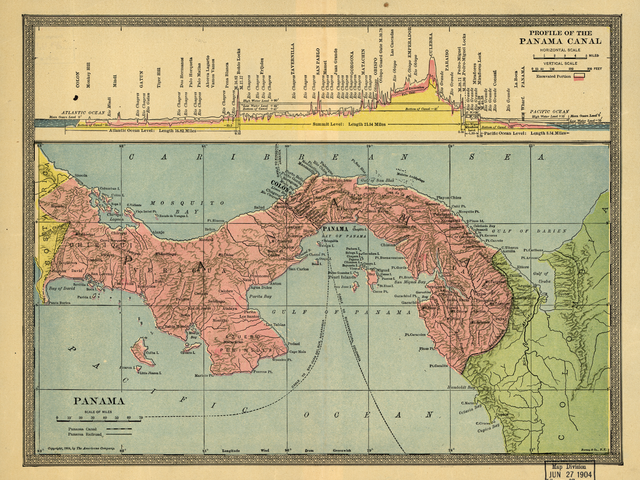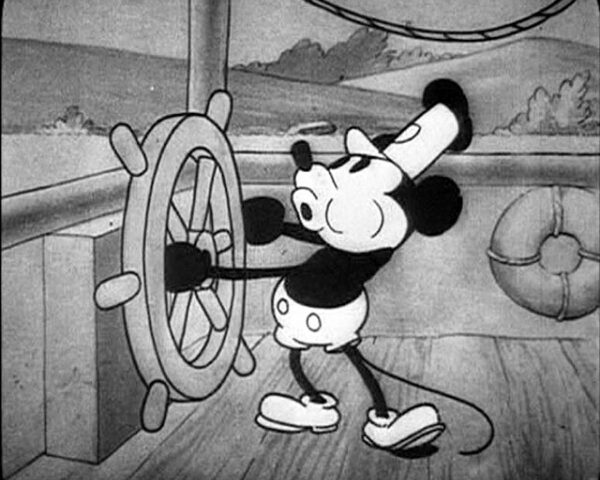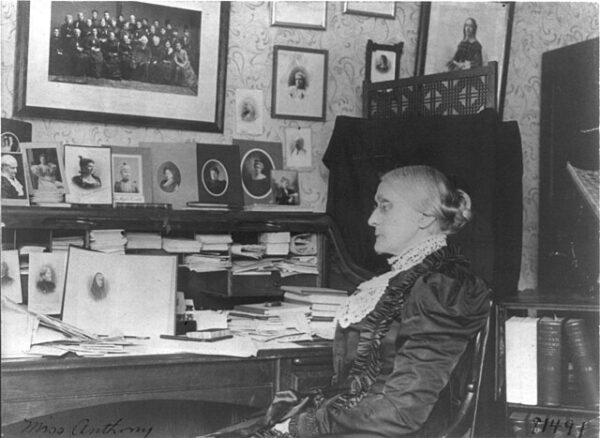On December 1, 1862, President Abraham Lincoln delivered his second State of the Union Address, a landmark speech that emphasized the moral and strategic motivations behind the Union’s fight in the American Civil War. Delivered just ten weeks after the preliminary Emancipation Proclamation, Lincoln reaffirmed his resolve to end slavery and preserve the Union. This speech not only articulated the core values of the nation but also marked the war’s evolution from a fight to maintain the Union into a moral mission to eradicate human bondage.
Central to Lincoln’s address was a compelling argument for abolishing slavery as a necessity for the nation’s survival and progress. He contended that the Civil War presented a unique opportunity to realign the United States with its founding ideals of liberty and equality. The Emancipation Proclamation, which declared freedom for slaves in Confederate-controlled territories, was a pivotal step in aligning the Union’s actions with these principles. Although its immediate impact was limited—only freeing slaves in areas not under Union control—it symbolized a broader transformation in the war’s purpose and strengthened the Union’s moral standing.
Lincoln’s speech also reflected his deep awareness of the political and economic complexities surrounding emancipation. He proposed a gradual, compensated approach to ending slavery, coupled with voluntary colonization, as strategies to ease resistance from border states and facilitate the transition to a free labor economy. Through these measures, Lincoln sought to balance practicality with the ethical imperative to abolish slavery. Nevertheless, his address made clear that ending slavery was not just a political expedient but a moral necessity essential for achieving lasting peace and prosperity.
The address came at a critical point in the war. The Union had faced significant military setbacks in 1862, and public support for the war was faltering. The preliminary Emancipation Proclamation, issued on September 22, 1862, aimed to reinvigorate the Union’s cause by framing the war as a fight for human freedom. It also sought to discourage foreign powers like Britain and France from supporting the Confederacy. In his State of the Union Address, Lincoln urged perseverance, asserting that the Union must prevail to safeguard democracy and uphold the principles enshrined in the Declaration of Independence.
One of the most memorable aspects of Lincoln’s address was his appeal to future generations. He characterized the war as a test of America’s experiment in self-governance, famously stating, “We shall nobly save, or meanly lose, the last best hope of earth.” This phrase encapsulated Lincoln’s vision of the United States as a global symbol of liberty and democracy. By tying the Union’s struggle to the broader cause of human progress, Lincoln inspired his contemporaries to endure the sacrifices necessary for victory.
The address also underscored Lincoln’s commitment to unity and reconciliation. While steadfast in his determination to defeat the Confederacy, he understood the need to prepare for post-war reconstruction and national healing. His call for “a more perfect Union” reflected his broader vision of a nation strengthened by its trials and committed to justice and equality for all.
Looking back, Lincoln’s second State of the Union Address was a defining moment in the Civil War. It solidified the moral and political justification for emancipation, redefined the Union’s war objectives, and showcased Lincoln’s visionary leadership. By asserting the necessity of ending slavery, Lincoln sought not only to bring the war to a close but also to lay the foundation for a more equitable and unified nation. His words endure as a powerful testament to the ongoing struggle for freedom and equality in American history.






